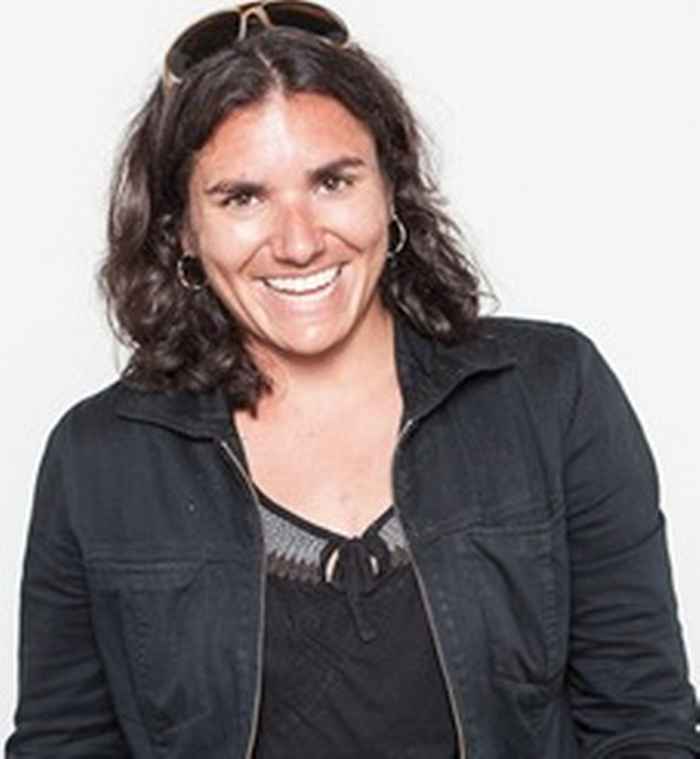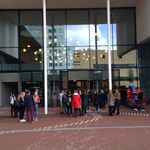U.S. Security Sector Assistance, Coup-Proofing, and Military Coups: Evidence from Africa
Lunch Talk by Dr. Rachel Sigman
- Date
- 11 June 2024
- Time
- 12:00 -13:30
- Room
- REC-B9.22 (Political Science common room)

Focusing on Africa, where U.S. military activities have increased considerably since the early 2000s, Rachel Sigman investigates whether and to what extent these activities have contributed to the recent upsurge in military coups across the continent.
Drawing on case studies from West Africa and cross-national statistical analysis, she finds that in contexts of politically divided security forces, increases in U.S. security sector assistance are associated with an increased likelihood of a military coup.
In particular, uneven U.S. support to factions within the security apparatus can exacerbate pre-existing divisions, thus increasing incentives for coup-makers. The findings imply that those planning and administering U.S. security sector assistance should be more attentive to the political dynamics within security forces in recipient states.
About the speaker
Rachel Sigman is an Assistant Professor of Democratic Governance at the Josef Korbel School of International Studies, University of Denver. She is also a project manager with the Varieties of Democracy (V-Dem) project based at the University of Gothenburg.
Rachel conducts research on government performance around the world. Why do some governments serve their populations better than others? How does variation in government performance impact democracy? What are the relationships between politicians and bureaucrats that generate better public policy outcomes?
This lunch talk is hosted by the Political Economy and Transnational Governance programme group (PETGOV), part of the Amsterdam Institute for Social Science Research (AISSR)
